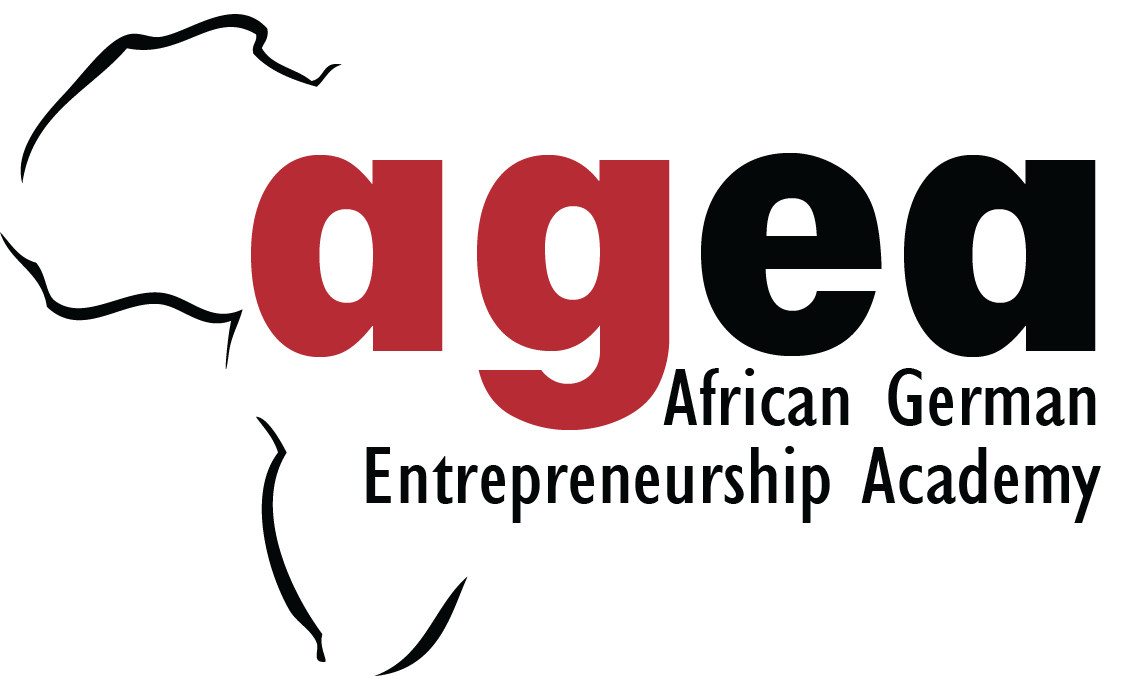The AGEA Start-up Class is a follow-up intervention of the AGEA Business Idea Competition organised to expose innovative and viable business ideas from researchers based on their research results. The training seeks to enhance and promote the business orientation and capacities of researchers (PhDs, university lecturers, professors, and research staff) and entrepreneurs to harness the business potential of their research results, thereby helping them develop competitive products and services for the market.
Academic and scientific researchers generate new knowledge through their diverse research activities; however, much of the new knowledge and technologies produced at universities remain shelved and unexploited for the benefit of society at large. This knowledge and technologies are thus are seldomly commercialised into products and/or services for the market. While this is a global phenomenon, this knowledge and technology transfer gap between research and the commercialisation of research results is wider in developing areas such as Africa. It has been demonstrated that converting new knowledge into products and services through spin-offs and research-based start-up collaboration is reciprocal. To promote this research-based entrepreneurship, researchers and research students need to be supported to develop their science in a way that can lead to real-world impact and be able to transform their research outcomes into viable business enterprises.
Therefore, this training will take about 15 start-up projects through three months of training and coaching from 09 March till 08 June 2022. These start-up projects were drawn from the AGEA Business Idea Competition 2021, the Pan African Universities Innovation Challenge 2021, the ABSbio project, and suggested start-up ideas from AGEA partners. The training sessions will be conducted with presentations, workshops, discussion sessions, pitching, and extended coaching from experienced start-up development experts at Leipzig University (SEPT and SMILE). The sessions will cover business idea development, business model development, enterprise resource planning, etc. At the end of the training, the start-up teams are expected to advance the business models and plans for their start-ups and be well-positioned to attract the relevant resources to enter the market.
For more information, see the Training Brochure.











